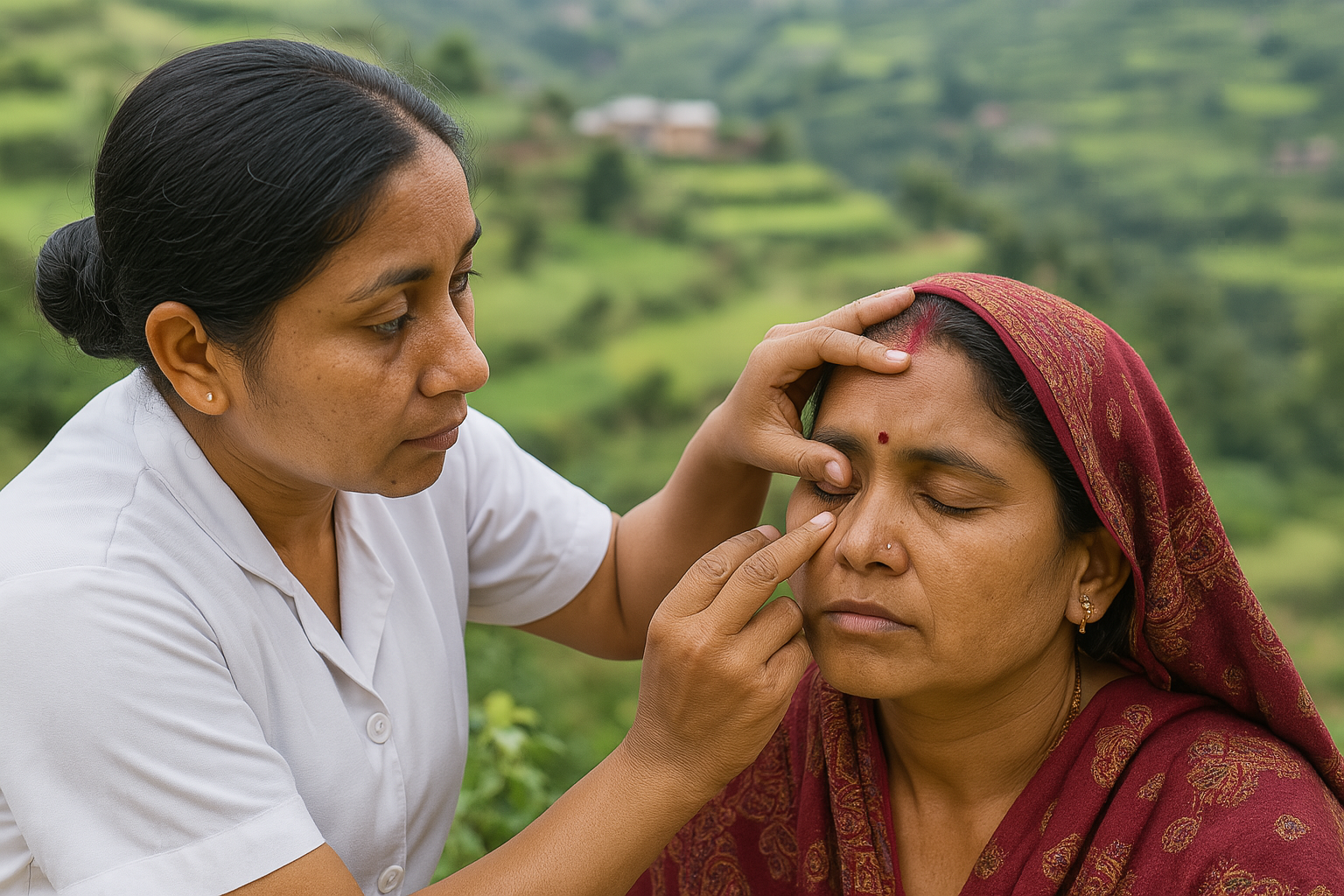UN Report Warns No SDG 16 Targets on Track as Violence, Inequality Grow
Instead of progress, the past decade has brought a surge in conflict-related deaths, rising attacks on journalists, human rights defenders, and civic actors, and growing discrimination and inequality.

A decade after world leaders adopted the 2030 Agenda for Sustainable Development, a new UN assessment delivers an alarming verdict: none of the 23 targets under Sustainable Development Goal 16 (peace, justice, and strong institutions) are on track. Even more troubling, 15 percent of the targets are regressing, according to data compiled by the UN Statistics Division.
The findings are contained in the Global Progress Report on SDG 16, released by the United Nations Development Programme (UNDP), the Office of the High Commissioner for Human Rights (OHCHR), and the UN Office on Drugs and Crime (UNODC). The report underscores the central role of peaceful, just, and inclusive societies in advancing the UN’s founding vision, yet it documents a sharp deterioration since 2015.
Rising Violence and Civilian Deaths
Instead of progress, the past decade has brought a surge in conflict-related deaths, rising attacks on journalists, human rights defenders, and civic actors, and growing discrimination and inequality.
Between 2023 and 2024, more than 21,000 women and nearly 17,000 children were killed in conflicts—a fourfold increase compared to the previous two years. The majority of these deaths were in Gaza, where 8 in 10 child victims and 7 in 10 women killed were located. Globally, 2024 marked the third consecutive year of steep rises in conflict-related deaths, up 40 percent from the previous year.
“These distressing figures reveal a stark deviation from the trajectory towards global peace, security and sustainable development,” the report warns. “Immediate and concerted efforts are imperative to reverse this trend and to adhere to international humanitarian and human rights law.”
Human Rights Defenders Under Threat
Civic space is under siege worldwide. Every 14 hours, a journalist, trade unionist, or human rights defender is reported killed or disappeared. Governments, organized crime groups, and non-state actors are fueling this erosion of civic freedoms.
To counter this, OHCHR is developing the Human Rights Data Exchange, a digital platform that will integrate multiple data sources and advanced data science methods to track attacks, improve transparency, and make human rights data accessible and actionable.
Volker Türk, UN High Commissioner for Human Rights, said:
“The success of the entire 2030 Agenda depends on an unshakeable commitment to human rights. They are the foundation not only of SDG 16 but of all the Goals.”
Governance Failures at the Core
The report identifies systemic governance failures—corruption, illicit arms flows, weak rule of law, and fragile institutions—as root causes of today’s conflicts. Strengthening governance, it stresses, is essential to breaking cycles of violence and rebuilding trust.
Encouragingly, the report finds that global homicide rates have fallen since 2015 and could continue declining if trends hold. Responsible use of technology, including artificial intelligence, could accelerate these gains if deployed ethically.
But overall, gaps in access to justice and institutional accountability threaten to reverse earlier progress.
Ghada Waly, Executive Director of UNODC, cautioned:
“We are witnessing alarming levels of violence and persistent gaps in access to justice. Unless we act decisively to strengthen the rule of law, rebuild trust in institutions, and guarantee equal access to justice for all, we risk failing not only on SDG 16 but the wider 2030 Agenda.”
A Call for Urgent Investment in Governance
Haoliang Xu, Acting Administrator of UNDP, emphasized the need for urgent, systemic reform:
“Without investment in governance that is effective, accountable, and inclusive, the very foundations of our societies are at risk. Restoring peace is not only about repairing infrastructure—it is about ensuring dignity, livelihoods, and institutions that allow societies to govern fairly.”
The report lays out several priorities:
-
Invest in governance systems to strengthen institutions, rule of law, and civic space.
-
Rebuild trust by tackling corruption, discrimination, and social exclusion.
-
Protect vulnerable populations, especially women and children, from conflict and violence.
-
Use innovation and data-driven systems to improve accountability and decision-making.
UN80 Reform and the Broader Context
The release comes as the UN marks its 80th anniversary and advances the UN80 reform initiative, a system-wide effort to modernize operations amid shrinking budgets and growing demands. The anniversary theme—“Better Together: 80 Years and More for Peace, Development and Human Rights”—echoes the urgency of collective action to realign the SDGs with the world’s most pressing needs.
The report calls for stronger partnerships with governments, donors, and the private sector, as well as greater innovation and scaled-up investment, to ensure that peace, justice, and inclusion remain achievable by 2030.










